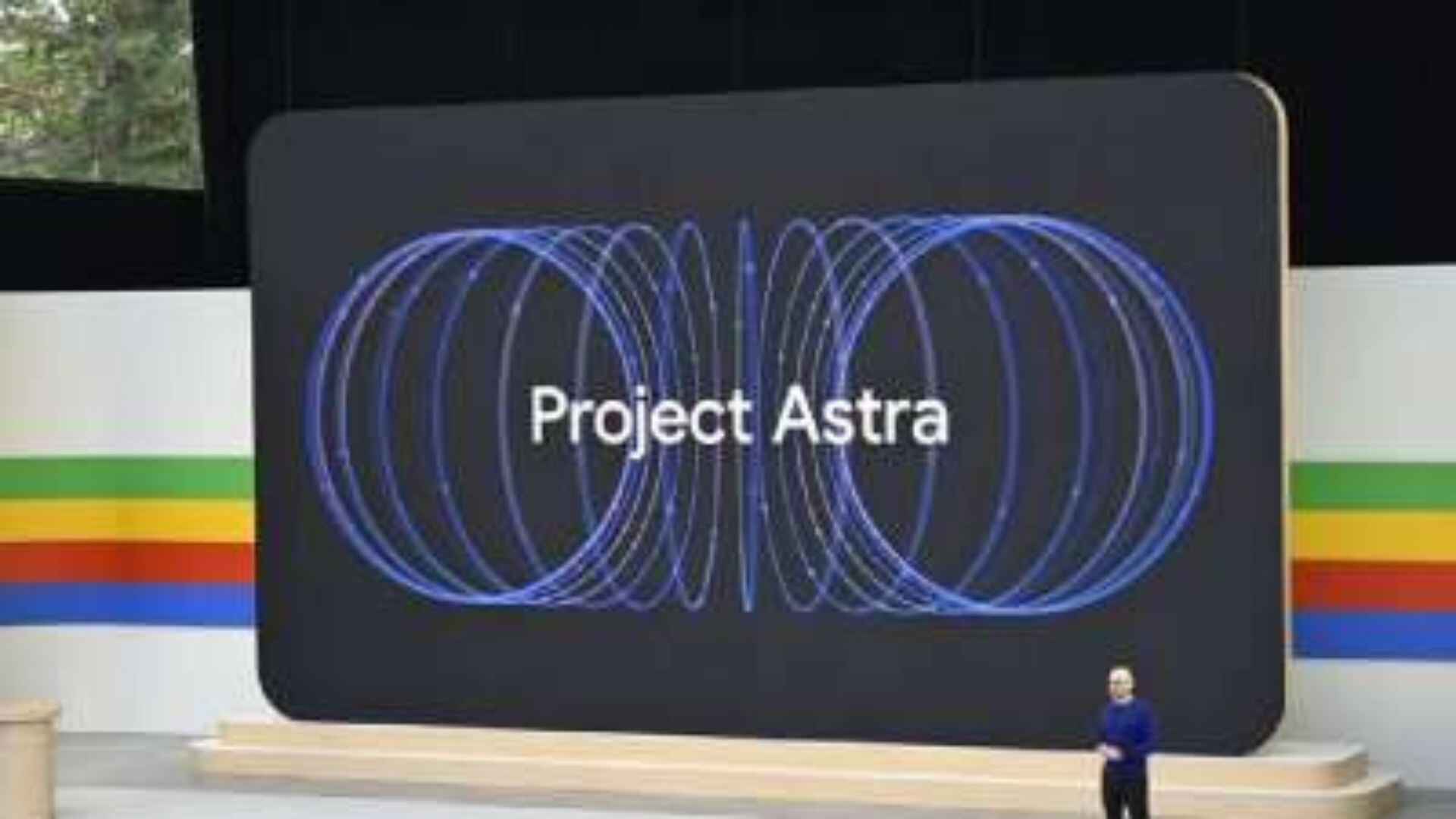At the Google I/O 2024 keynote, the company unveiled an impressive lineup of AI models and tools they’ve been working on. Many of these new features are set to enter public preview in the near future. Nevertheless, the most captivating technology showcased, developed by Google DeepMind and dubbed Project Astra, won’t be available for a while.
Project Astra is an advanced AI assistant that incorporates real-time interaction through computer vision.
It marks a substantial advancement over existing chatbots, able to handle highly complex tasks. Google’s strategy involves using their largest and most powerful AI models to train versions ready for production. Demis Hassabis, co-founder and CEO of Google DeepMind, emphasized Project Astra as a prime example of this method. He introduced the AI assistant by saying, “Today, we have some exciting new progress to share about the future of AI assistants that we are calling Project Astra. For a long time, we wanted to build a universal AI agent that can be truly helpful in everyday life.”
In a video demonstration, Google’s prototype AI assistant responded to voice commands by analyzing visual input from a phone camera and smart glasses. It accurately identified sequences of code, suggested improvements to electrical circuit diagrams, recognized the King’s Cross area of London through the camera lens, and reminded the user where they had placed their glasses.






















